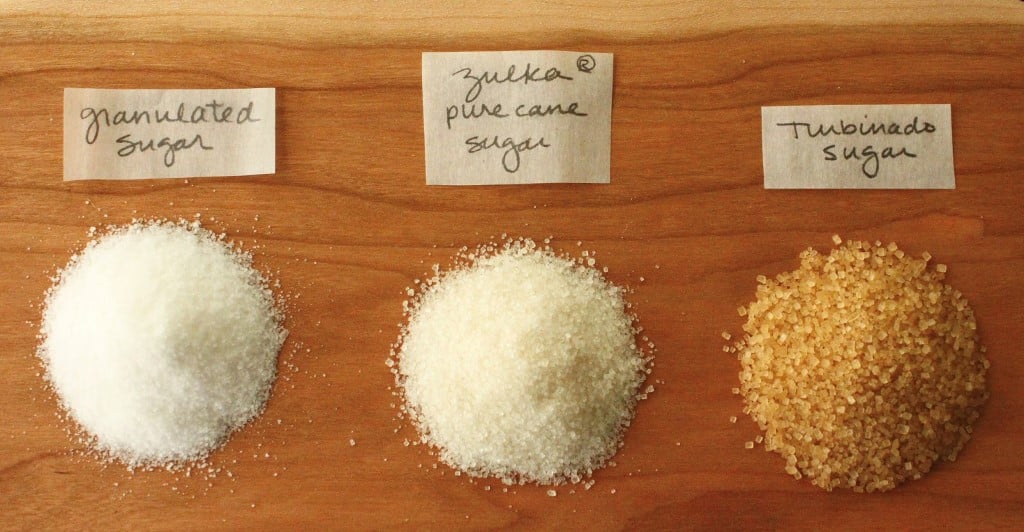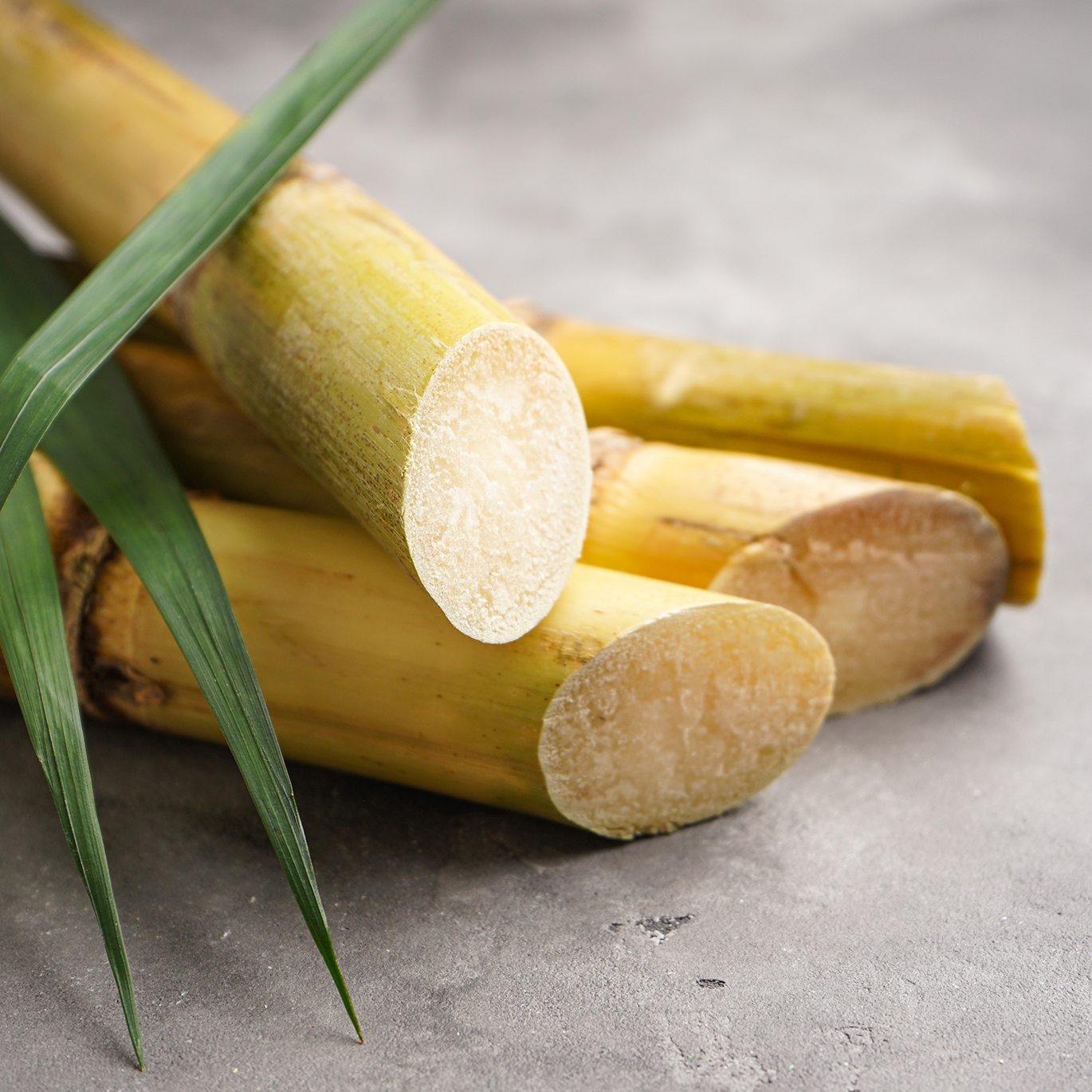The Great Argument: Sugar Beet Vs Sugar Cane - Which Is the Superior Option for Sugar?
The dispute over sugar beet versus sugar cane as the recommended sugar includes numerous vital aspects. Each deals distinctive benefits and difficulties pertaining to manufacturing, flavor, and health and wellness ramifications. While sugar beet may appeal to those prioritizing sustainability, sugar cane has its own social and cooking value. As consumers become extra aware of their options, the concern remains: which sweetener genuinely stands out in today's market?
The Beginnings of Sugar Beet and Sugar Cane
Although sugar cane has been cultivated for thousands of years, mainly in tropical regions, sugar beet emerged as a substantial alternative in cooler environments throughout the 18th century. Sugar cane, belonging to Southeast Asia, was first domesticated around 8000 BCE and spread around the world via profession and exploration. Its high sucrose material made it a valuable crop, causing substantial haciendas in areas like the Caribbean and Brazil.
On the other hand, sugar beet was initial cultivated in the Mediterranean around the 18th century, particularly acquiring traction in Europe as a feedback to sugar cane scarcities. The plant prospers in warm climates, making it suitable for regions with chillier weather. The exploration that sugar might be drawn out from beet origins transformed sweetener manufacturing, specifically throughout the Napoleonic Wars when profession limitations limited cane sugar access. The increase of sugar beet growing marked a zero hour in the history of sweeteners, offering a neighborhood source for many nations.
Production Processes: From Area to Sugar
The production processes of sugar beet and sugar cane disclose considerable distinctions in cultivation methods, harvesting methods, and improvement phases. Recognizing these subtleties is crucial for valuing exactly how each plant adds to the general sugar market. This comparison highlights the one-of-a-kind characteristics and difficulties linked with both sources of sweet taste.

Growing Techniques Contrast
Cultivation methods for sugar beet and sugar cane reveal unique approaches that affect their production processes, from area preparation to final sweetener removal. Sugar beet cultivation typically entails plowing and harrowing to create a fine seedbed, complied with by seeding in rows to promote growth. This plant take advantage of cooler environments and is frequently grown in spring. On the other hand, sugar cane is typically planted in furrows with pre-sprouted cane items, needing a cozy, exotic environment for perfect development. Cane areas are commonly outlined to handle water effectively, offered its requirement for significant irrigation. Both plants are handled with specific fertilization and pest control techniques tailored to their growth settings, affecting yield quality and performance in sugar extraction.

Harvesting Methods Explained
Effective collecting approaches for sugar beet and sugar cane play a necessary role in assuring optimal yield and top quality of the last product. Sugar beet harvesting usually employs mechanical root harvesters, which successfully root out the beets from the dirt and separate them from the vegetation. This approach reduces damage to the beetroots and decreases labor prices. In comparison, sugar cane harvesting may make use of either manual work or machinery, relying on the area and scale of manufacturing. Mechanical harvesters cut the cane at the base and usually remove the leaves, maximizing the process for bigger fields. Both methods call for cautious timing to ensure the crops are collected at peak sweet taste, affecting the high quality of the final sugar item.
Refinement Process Differences
While both sugar beet and sugar cane undergo extensive improvement processes to transform their raw forms right into functional sweeteners, the methods utilized vary substantially. Sugar beet refinement begins with washing and slicing the beetroots into thin cossettes, adhered to by diffusion, where warm water essences sucrose. The resulting juice is after that purified, focused, and taken shape. In comparison, sugar cane handling entails crushing the stalks to extract juice, which is after that cleared up making use of lime and warm to remove contaminations. The cane juice is evaporated to develop syrup prior to condensation. Ultimately, while both procedures aim to generate white sugar, the distinct methods highlight the one-of-a-kind attributes of each resource and their implications for flavor and pureness in the end product.
Nutritional Profiles: What remains in Your Sugar?
The nutritional profiles of sugar beet and sugar cane existing distinct differences worth examining. This contrast consists of facets such as caloric content, mineral and vitamin existence, and variations in glycemic index. Comprehending these variables can provide understandings into just how each sugar might influence total wellness.
Caloric Material Contrast
Recognizing the calorie web content of sugar beet and sugar cane is crucial for those mindful of their dietary choices. Both sweeteners mainly include sucrose, contributing a similar calorie worth. Typically, sugar beet contains approximately 387 calories per 100 grams, while sugar cane has about 390 calories per the same quantity. The mild distinction in caloric material may not significantly effect most diets; however, it is remarkable for those very closely checking their caloric intake. Additionally, both sugar resources give power however lack vital nutrients, making them mainly sources of vacant calories. Individuals seeking healthier alternatives might want to take right into account these factors when choosing between sugar beet and sugar cane as their preferred sweetener.
Mineral and Vitamin Content
Caloric web content offers just a part of the image when reviewing sugar beet and sugar cane. Both resources of sugar differ considerably in their mineral and vitamin profiles. Sugar beets are incredibly abundant in necessary nutrients, including potassium, magnesium, and iron. They additionally consist of percentages of vitamins such as B6 and folate, contributing to their dietary value. In contrast, sugar cane offers a different collection of advantages, having calcium, phosphorus, and traces of B vitamins. While neither option is a significant resource of vitamins and minerals compared to whole foods, sugar beets might have a mild side due to their higher mineral material. Eventually, customers looking for dietary gain click here for more from sweeteners ought to take into consideration these distinctions in profiles.
Glycemic Index Differences
Glycemic index plays an important duty in evaluating how various sugar impact blood sugar level levels. Sugar beet and sugar cane display noteworthy distinctions in their glycemic actions. Typically, sugar beet has a lower glycemic index compared to sugar cane, causing a slower and steadier rise in blood sugar levels after consumption. This quality might make sugar beet a more suitable choice for people handling diabetic issues or those seeking to maintain stable power degrees. On the other hand, sugar cane has a tendency to cause a more rapid spike in blood sugar level, which can bring about quicker energy accidents. Comprehending these differences is substantial for customers aiming to make informed nutritional options relating to sweeteners and their impact on total health and wellness.
Environmental Influence: Sustainability Factors To Consider
While both sugar beet and sugar cane are vital sources of sugar, their environmental influences and sustainability considerations vary markedly. Sugar beetroots, mostly grown in temperate areas, normally require much less water and can be grown in diverse environments. They likewise benefit from crop turning practices, which boost dirt health and wellness and lower the demand for synthetic fertilizers. However, intensive farming of sugar beets can cause soil exhaustion and pesticide usage.
On the other hand, sugar cane flourishes in exotic climates and often demands considerable water resources for watering (Sugar beet vs sugar cane). The monoculture nature of sugar cane farming can exacerbate dirt erosion and biodiversity loss. Furthermore, the burning of cane areas prior to harvest releases carbon emissions and adds to air pollution. Both crops encounter difficulties pertaining to environment change, yet their differing farming methods greatly influence their total sustainability profiles. The selection between sugar beet and sugar cane involves evaluating these ecological influences carefully.
Taste and Culinary Utilizes: Which Sugar Reigns Supreme?
The selection between sugar beet and sugar cane prolongs past ecological considerations to incorporate taste and cooking applications. Sugar beet, commonly perceived as having a somewhat different taste account, tends to be less pleasant than sugar cane. This subtle distinction can try these out influence its usage in dishes, particularly in baked items where a neutral sweetness is preferred.
Conversely, sugar cane is commemorated for its unique, abundant, and more intricate taste, making it a recommended choice for drinks and desserts - Sugar beet vs sugar cane. Its natural molasses content can improve the depth of flavors in different dishes
In food preparation, sugar cane's flexibility radiates through in sauces, glazes, and confections, while sugar beet is typically located in refined foods and sugar like granulated sugar. Inevitably, the choice between both sweeteners typically rests on specific taste preferences and particular culinary applications, with each offering special advantages in the kitchen.
Health Implications: Sugar Beet Vs Sugar Cane
Both sugar beet and sugar cane have distinctive health and wellness ramifications that can influence customer options. Sugar beet vs sugar cane. Sugar beet is commonly related to for its higher fiber web content, which can assist digestive system wellness. Furthermore, it contains particular anti-oxidants that may contribute to total health. On the other hand, sugar cane is rich in nutrients such as calcium, potassium, and magnesium, offering some mineral advantages
Nevertheless, both resources mainly include sucrose, which can result in similar wellness concerns when consumed excessively, such as weight problems, diabetes mellitus, and heart illness. The processing approaches likewise vary; sugar beet is typically improved a lot more intensively, possibly causing a loss of certain nutrients. Customers worried about ingredients might choose sugar cane, as it often goes through much other less processing. Eventually, recognizing these health effects can guide individuals towards making informed decisions concerning their sweetener options.
Customer Preferences: Trends and Insights
Consumer preferences for sugar have progressed substantially over the last few years, affected by wellness trends, ecological problems, and dietary options. Increased understanding of the adverse wellness impacts connected with too much sugar consumption has actually led many consumers to seek choices. This change has motivated a growing passion in natural sugar, with sugar beet and sugar cane going to the leading edge of conversations.
Research study suggests that consumers are significantly favoring sugar beet because of its viewed environmental benefits, as it is typically grown closer to processing plants, decreasing transportation emissions. Conversely, sugar cane is frequently related to tropical regions and may carry assumptions of sustainability obstacles.

Frequently Asked Questions
How Do Sugar Beet and Sugar Cane Affect Blood Sugar Degrees?
Sugar beet and sugar cane both consist of sucrose, which can raise blood sugar degrees. The effect mostly depends on specific metabolic process and consumption amounts, however both sources add likewise to blood sugar responses in many cases.
Which Sugar Is Much Better for Baking and Cooking?
When assessing sweeteners for baking and cooking, one must consider appearance, taste, and wetness retention. Sugar beet and sugar cane both supply special top qualities, with sugar cane frequently chosen for its richer flavor profile in culinary applications.
Can Sugar Beet or Cane Be Made Use Of in Vegan Diets?
Both sugar beet and sugar cane can be used in vegan diet regimens. They are plant-derived sweeteners, making them appropriate for individuals looking for vegan-friendly choices without animal items, ensuring ethical selections in their cooking methods.
What Are the Historical Usages of Sugar Beet and Cane?
Historically, sugar beet and cane worked as necessary resources of sweet taste, with cane cultivated in tropical regions and beet in warm areas. Both have actually been important to numerous societies, economic situations, and culinary traditions throughout background.
Exist Any Type Of Alternatives to Sugar Beet and Cane?
Alternatives to sugar beet and cane include agave nectar, honey, maple syrup, and sweetening agents like aspartame and sucralose. These substitutes supply varying flavors and health benefits, attracting diverse nutritional preferences and limitations.